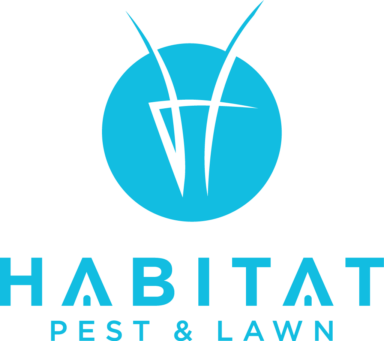Finding wasps in your yard can be unsettling and dangerous, especially for those with allergies to their stings. If your outdoor space seems to be a magnet for these pests, it’s crucial to understand the various factors that attract wasps to your yard.
- Food Sources: Wasps are particularly attracted to proteins and sugars, which are abundant in human and pet foods. Outdoor eating scenarios, like barbecues and picnics, often leave remnants behind that draw these pests. Similarly, pet foods left outside or in uncovered trash bins provide easy meals for wasps. Additionally, gardens with fruit-bearing plants can attract wasps when fruits fall and ferment on the ground, creating a sweet and appealing treat for these insects.
- Ideal Nesting Sites: Wasps seek out quiet, undisturbed places to build their nests. Common areas include under eaves, inside attics, beneath deck railings, or within dense shrubs. These locations offer protection from predators and harsh weather conditions, making them ideal for wasps to settle and proliferate.
- Water Sources: Like many creatures, wasps need water to survive, making any standing water around your home a potential wasp hotspot. Items such as bird baths, clogged rain gutters, and plant saucers can accumulate water and attract wasps, especially in dry conditions.
- Abundance of Insects: Wasps are not only scavengers but also predators. If your yard has a high population of other insects, wasps might come hunting. Gardens that are rich in biodiversity might attract wasps that feed on caterpillars, aphids, and other garden pests.
- Landscaping Choices: Certain plants are particularly attractive to wasps due to their floral patterns and nectar. Ornamental flowers that bloom profusely and fruit trees are especially appealing. Furthermore, poorly maintained yards with abundant hiding spots like compost piles and old furniture can become unintentional havens for wasps.
Preventive Measures
To mitigate these risks and deter wasps from your yard, consider the following strategies:
- Secure Food and Waste: Always cover food during outdoor events and secure garbage bins with tight-fitting lids to deter wasps.
- Manage Water Sources: Regularly empty items that hold standing water and maintain proper drainage to discourage wasp gatherings.
- Landscaping Maintenance: Keep your garden tidy by regularly trimming bushes and trees, and clearing out potential nesting spots.
- Professional Pest Control: For persistent problems, hiring a pest control professional can be a wise decision. These experts can safely remove wasp nests and offer tailored advice to keep your yard wasp-free.
By understanding what attracts wasps to your yard, you can take targeted actions to make your outdoor areas less inviting to these pests, enhancing safety and enjoyment for everyone who uses them. If you decide that professional help is the way to go, reach out to your local wasp experts at Habitat Pest and Lawn.

